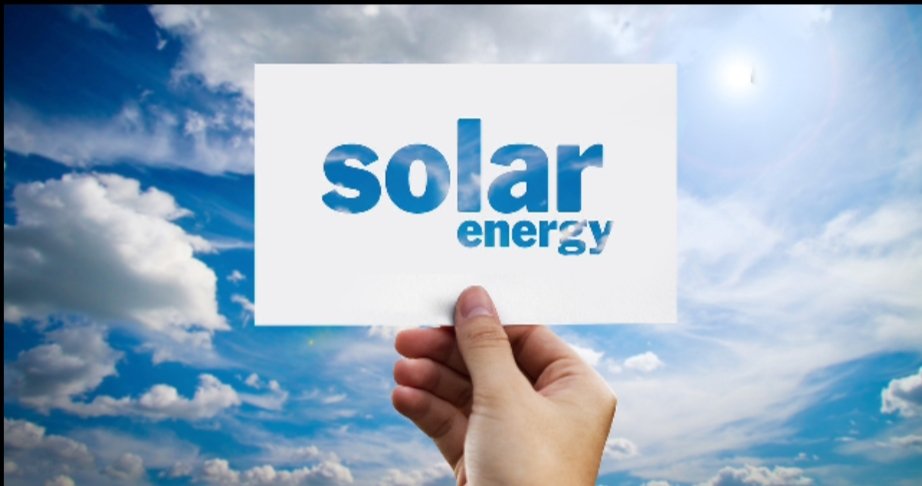Solar System Energy Myths Debunked: Separating Fact from Fiction

Solar energy has become a buzzword in recent years, with individuals and businesses looking to reduce their carbon footprint and energy bills. Yet, misconceptions abound, leading to a fog of confusion for those venturing into the realm of solar power.
In this blog post, we take a closer look at some common myths surrounding solar systems and battery storage and debunk them with solid facts. If you are considering the leap into solar energy, arm yourself with accurate information to make informed decisions.
Myth 1: Solar Panels are Too Expensive
Debunked: While it’s true that the initial cost of solar panels was high, it has steadily declined over the years. The solar and battery price Index has shown a consistent drop in the cost of photovoltaic (PV) systems. This reduction is due to advancements in manufacturing, economies of scale, and supportive government policies. Additionally, incentives and rebates are often available, further lowering the financial barrier. In recent years, sales of solar systems have increased exponentially in commercial and residential sectors, indicating that cost is no longer the deterrent it once was.
Myth 2: Solar Panels Work Only in Hot Weather
Debunked: Solar panels do need sunlight to produce electricity, but not necessarily direct heat. High ambient temperatures can actually reduce the efficiency of the panel. The critical variable is sunlight, not heat, which means that solar panels can be effective in a range of climates. Germany, not known for its hot weather, is a leading country in solar energy production thanks to its installed capacity and persistent government support.
Myth 3: Solar Panels Don’t Work Well on Cloudy Days
Debunked: Solar panels are indeed less efficient when overcast, as there is less available sunlight. However, solar panels can still generate power from the diffuse light that passes through clouds. Even on a completely overcast day, they can contribute to your electricity needs. Modern solar systems are designed to work with a minimum threshold of light, ensuring a constant power supply, albeit at reduced capacity.
Myth 4: Solar Panels Are Unreliable and Dilapidate Quickly
Debunked: Solar panels are a solid investment with a reliable technology base. Most manufacturers provide warranties for 25 years, which suggests confidence in the longevity of their products. The degradation of solar panels is slow, with the efficiency of most panels reducing by only 0.5% to 1% per year. This means that even after several decades, your panels will still work at over 80% of their original capacity.
Myth 5: Solar Panels are Not Good For Our Environment
Debunked: On the contrary, solar panels are an environmentally friendly source of energy. Operating without any emissions, they help reduce the carbon footprint associated with electricity production. The manufacturing process does have an initial environmental cost, but this is rapidly outweighed by the ecological benefits of solar energy, usually within the first few years of operation. Furthermore, advancements in recycling are making the disposal and reuse of panels increasingly sustainable.
Myth 6: Solar Panels Require High Maintenance
Debunked: Solar panels are relatively low-maintenance, typically requiring only occasional cleaning to ensure they operate at their best. There are no moving parts to break down, and modern arrays are designed for easy and trouble-free operation. Dust, debris, and bird droppings can diminish efficiency, but simple water and sometimes a mild soap will effectively keep the panels clean.
Myth 7: Solar Panels Store Energy
Debunked: This is only partially true. Solar panels capture energy from the sun, but they do not store it. The energy collected is converted from DC to AC by an inverter and used to power your home or business. To store the excess energy for use during low-light periods or at night, a battery storage system is required. These systems, often paired with solar panel installations, store the energy in a chemical form and convert it back to usable power when needed.
Myth 8: You Need to Go Off-Grid to Have Solar Panels
Debunked: While going off-grid is an option, many solar panel users remain connected to the grid. This setup is called a grid-tied system, and it allows you to use the energy you generate and get credits for the excess energy you feed back into the grid. Being connected to the grid provides a reliable backup source of energy during periods of low sunlight and is often the most cost-effective solution.
Myth 9: Solar Battery Systems Are Too Expensive
Debunked: Like solar panel systems, the cost of solar batteries has also declined significantly. The reduction in lithium battery prices, the integration of battery inverters, and the increase in manufacturing scale have made solar battery systems more accessible. While the initial outlay for a battery system is not insignificant, it can significantly enhance the self-sufficiency of your solar power system, reducing or even eliminating your reliance on the grid.
Myth 10: I Don’t Need Solar Power Because I’m Not Home during the Day
Debunked: Your energy consumption is not dependent on your presence at home. Appliances, electronic devices, and systems such as air conditioning and heating continue to use electricity during the day, regardless of whether you are at home. Utilizing solar energy during peak sunlight hours can dramatically reduce your energy costs, especially when combined with battery storage to use that energy at night.
Solar and Battery Systems are Changing Our Energy Dynamics
Navigating the realm of solar and battery systems can be challenging, especially with the abundance of misinformation. By debunking these ten myths, we hope to have provided you with a more realistic understanding of solar energy’s viability. It’s clear that solar panels and battery technology are rapidly evolving, and misconceptions from the past are quickly becoming outdated. With the proper knowledge and a clear vision for your energy needs, a solar and battery system could be a wise and impactful investment for your future.